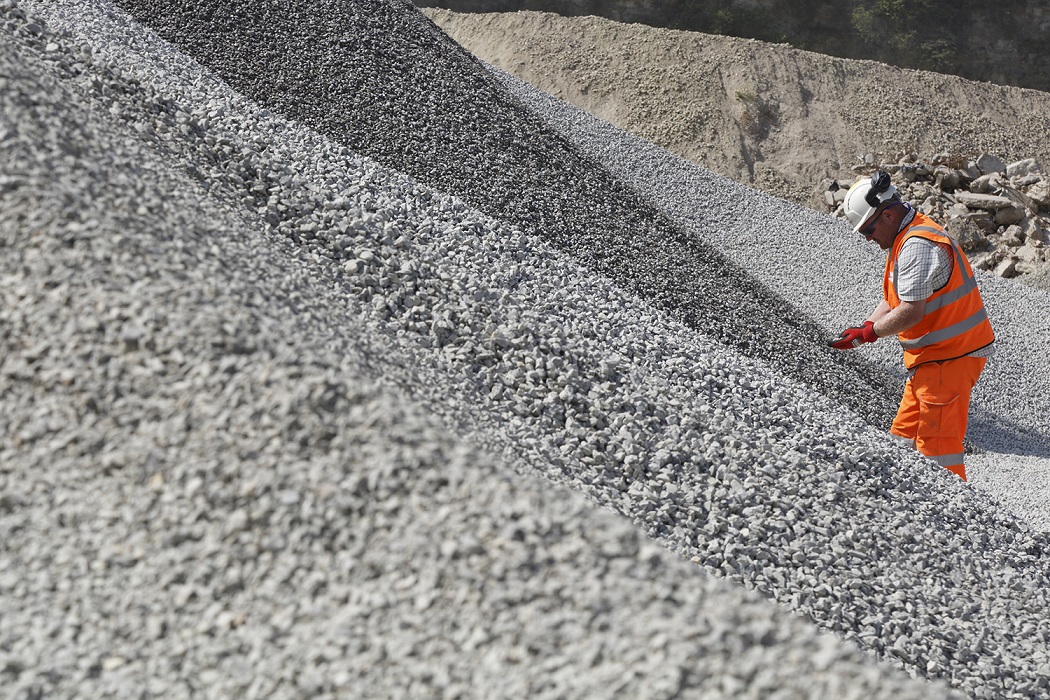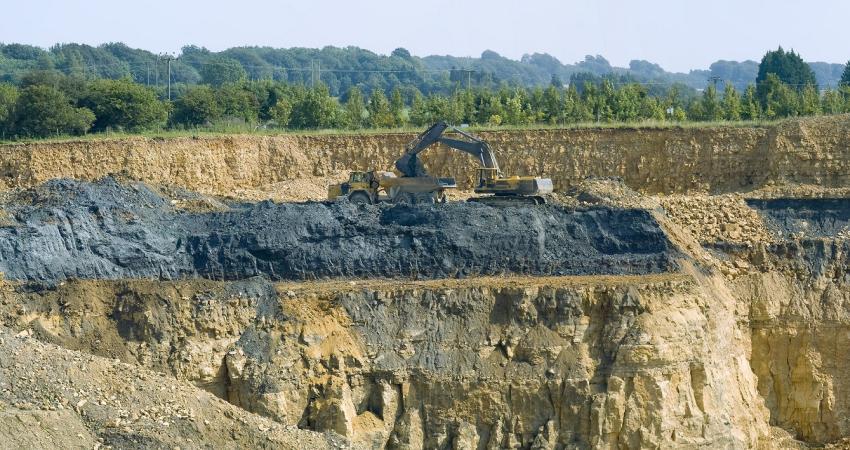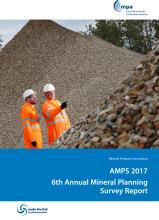
In its latest Annual Mineral Planning Survey (AMPS) for 2022, based on data from MPA members, the trade association reports a chronic failure to replenish rock, sand and gravel reserves at anywhere near the same rate as the materials are being used in British construction.
As long as consumption continues to exceed availability through new mineral planning consents, the reserve base upon which the mineral products sector is so dependent will continue to diminish, says the MPA, with serious consequences for the delivery of energy infrastructure, transport improvements and new homes.
The AMPS report highlights that the ten-year average replenishment rates, which compare the tonnages for new permissions against extraction, stand at just 52% for crushed rock. For every 100 tonnes of rock sold, just 52 tonnes of new permissions are granted. The same rate for sand and gravel sales over the past decade is 63%.
At a regional level, the picture is even more concerning, with counties traditionally responsible for large exports to other regions of Britain seeing some of the fastest declining reserves over the 2012 to 2021 period.
Other key findings of the Survey include:
· 2021 demand growth – The sales volumes of land-sourced aggregates increased by 15.4% in 2021 to 141 million tonnes, up from 122 million tonnes in 2020.
· Replenishment of sand and gravel – Just 50% of annual sales were replenished through new permissions in 2021, producing a rolling ten-year average of 63%.
· Replenishment of crushed rock – 45% of annual sales in 2021 were replaced by newly permitted crushed rock reserves, producing a ten-year average of 52%.
· Planning applications – There were 49 applications in 2021 (44 in 2020). Most were extensions to existing quarries.
· Planning decisions – Seven applications were determined for sand and gravel extraction in 2021 (17 in 2020), with three being approved (14 in 2020), two refused (two in 2020), and a further two withdrawn. Two applications were approved for crushed rock in 2021 (two in 2020) with no refusals or withdrawals.
· Time taken to obtain permission – Over the 2012-2021 period, it took an average of almost 32 months for permission for new sand and gravel reserves and more than 29 months for crushed rock. Most were extensions to existing quarries.
· Plan allocations – Over the past ten years, 38% of all new permissions issued were for sites that had not been allocated in a mineral plan, suggesting the system is failing to plan, manage and monitor this strategic resource.
Mark Russell, MPA executive director of Planning and Mineral Resources, said: “Britain is fortunate to have an abundance of mineral resources enabling the country to be self-sufficient in the materials that literally form the foundations and fabric of daily life. Yet the under-replenishment of the reserve base for future construction aggregates has become unsustainable, especially in the context of a 15.4% annual increase in aggregate sales.
“Mineral products represent the largest material flow in the British economy, with the vast majority of supply used in British construction, but also supplying a huge variety of utilities, industries and manufacturing activities. As such, these resources are of strategic importance to the economy. The fact that reserves continue to decline should ring alarm bells given the essential role these minerals play in underpinning and enabling the delivery of Government ambitions around net zero, green recovery and levelling up.
“The continued decline in aggregate reserves, nationally and regionally, is a stark reminder that the steady and adequate supply of these essential minerals cannot be assumed. It requires effective planning, management and monitoring, and there is a continued clear desire from both local authorities and from industry for the National and Sub-national Guidelines for aggregates provision to be updated by Government to support the Managed Aggregate Supply System.
“There is certainly no evidence that demand for these strategically important minerals will reduce over the next decade and beyond; as such, the pressures on the reserve base will only grow. To secure the most sustainable and cost-effective supply of these essential minerals will require active Government support and management, supported by data to monitor performance, to ensure the right resources can be made available in the right place and at the right time.”
The AMPS data, which highlights the interface between mineral operators and the land use planning system, is derived from original MPA data and information from the annual Aggregate Working Party reports. This work is then compiled as the MPA Annual Mineral Planning Survey (AMPS) reports.
MPA recently called for a series of smart regulation reforms, including some relating to mineral planning, that it urges the Government to enact to reduce uncertainty, delays and costs in the mineral products industry and other sectors that depend on its products.








